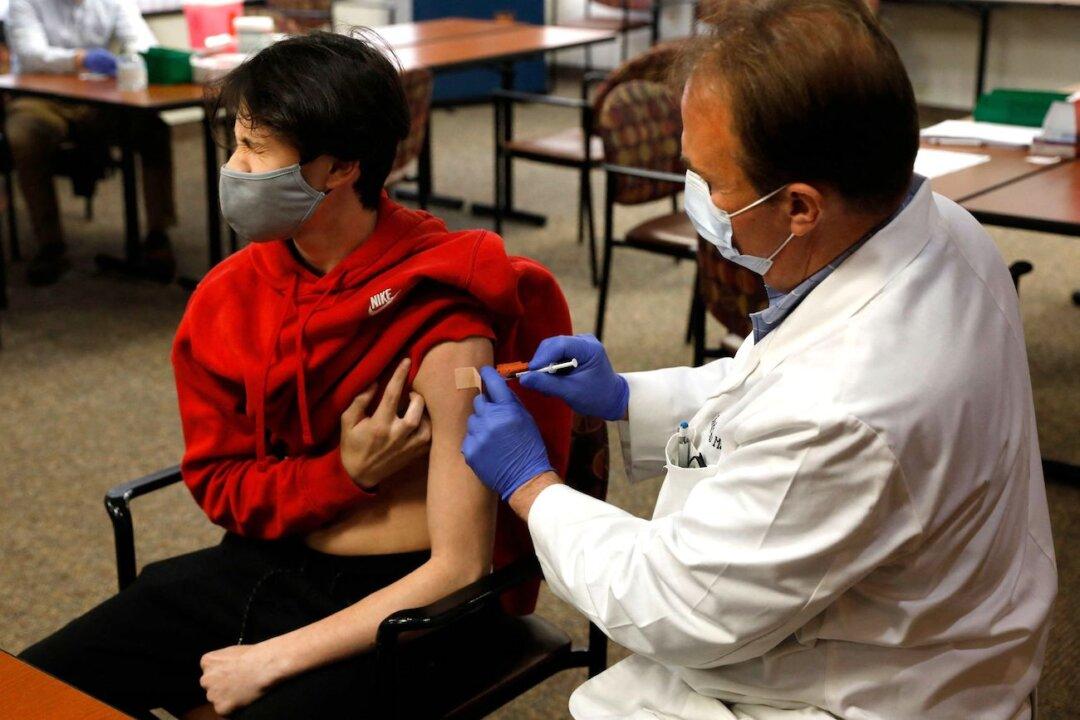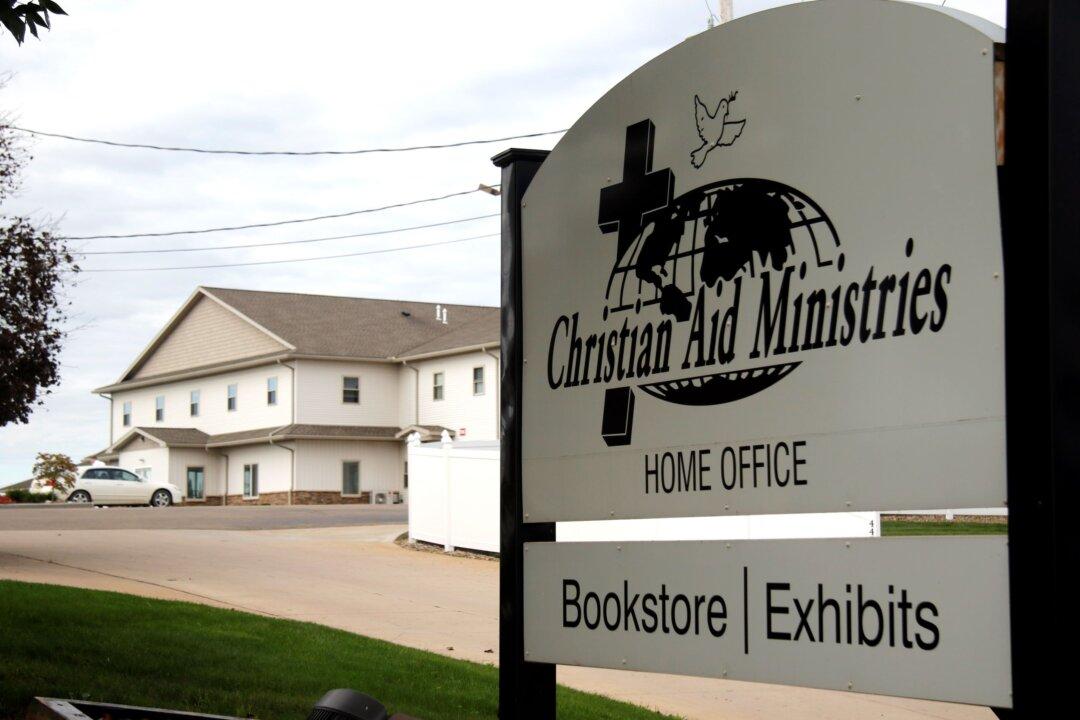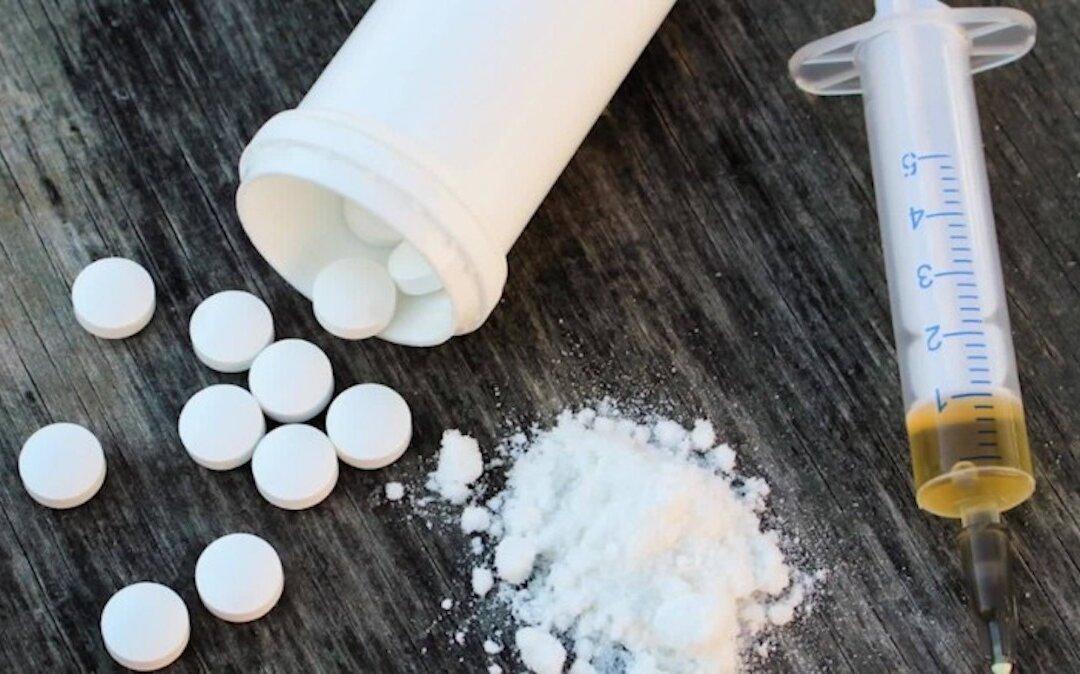Pfizer/BioNTech announced the results of a clinical trial of 5 to 11-year-old children, the pharmaceutical company announced Friday.
The news was released as the company has submitted information to the U.S. Food and Drug Administration (FDA). Pfizer/BioNTech is currently seeking emergency authorization to administer the coronavirus vaccine to children.





